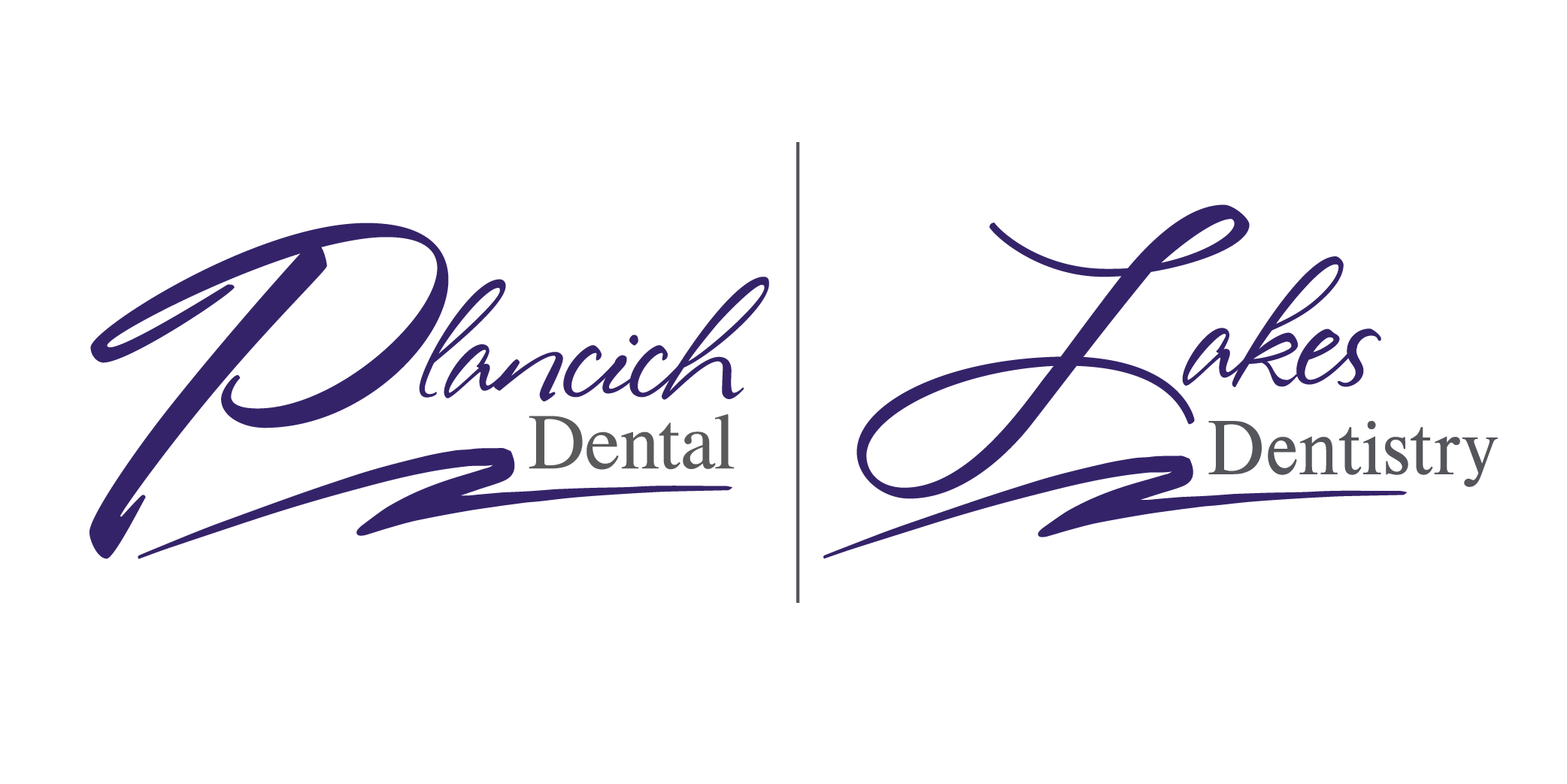From a young age, most Americans learn that the reason we have to brush our teeth is to prevent cavities. Cavities are often portrayed in kids’ cartoons as evil villains, scheming to destroy teeth and give children toothaches. But even as adults, how much do most people really know about cavities?
The main, and often only, sign for the majority of Americans that they’re suffering from a cavity is that they have a toothache. However, toothaches can happen for many reasons, and they’re not always the sign of a cavity. Learning more about cavities and how they happen can teach you how to identify and prevent them. The team here at Plancich Dental is always ready to assist and educate, and this subject is no different.
What is a cavity?
Cavities are damaged areas in the hard surface, or dentin, of your teeth, which turn into tiny openings or holes. They are also called tooth decay, which is caused by a combination of factors, such as oral bacteria, snacking, sugary drinks and improper oral hygiene.
Cavities and tooth decay are among the world’s most common health problems, particularly common in children, teenagers and older adults. Despite how common they are, they can still become very serious, if they aren’t treated. Untreated cavities can get larger, and damage deeper layers of your teeth. Left untreated for long enough, they can lead to severe toothaches, bad breath, abscesses, bacterial infection, root canals, and even tooth loss.
How do I prevent cavities?
Preventing cavities isn’t difficult, it just requires good discipline. This means putting good habits in place, because they are your best protection against cavities and tooth decay. Try incorporating these into your routine, in order to protect your teeth and dentin.
Brush your teeth: This might sound too obvious, but lots of people still take for granted the power of properly brushing their teeth. Your first line of defense against cavities is to brush your teeth properly, at least twice a day, maybe even more if you’re eating unhealthy food. When brushing, make sure that the toothbrush is at a 45-degree angle towards your gum line. Then use a circular motion, gently brushing your teeth, especially the inside and chewing surfaces where cavities form most often. A good toothpaste doesn’t hurt either
Floss daily: Food particles that can’t be removed from your teeth by brushing need to be removed by frequent flossing. Flossing comes in handy, as the perfect sidekick to proper brushing. Flossing removes food particles stuck between your teeth, because, when left there, these food particles can lead to cavities.
Eat nutritious foods and avoid sweets: By eating nutritious and balanced meals, and staying away from sugary drinks and foods, you can decrease your risk of cavities and teeth discoloration. Drink plenty of water, eat plenty of fruits and veggies, and avoid ice cream and other treats, because if you can’t avoid sugar, the best substitute is to rinse your mouth afterward, and brush if possible.
Visit your dentist regularly: While you can keep a healthy dental routine, it is still recommended to visit your dentist at least twice a year for your routine dental checkup. Regular cleaning, checkup, and fluoride treatment, at a trusted dentistry practice, are the most effective ways to prevent cavities and ensure that you have healthy teeth and gums.
Good oral health keeps cavities away
While your good oral health habits can help you prevent cavities, you also need professional dentistry help catching a cavity in the early stages. That’s why visiting a dental health professional frequently is key to protecting your tooth enamel.
Contact the team at Plancich Dental today, because we’re your partners in preventing cavities and tooth decay.
